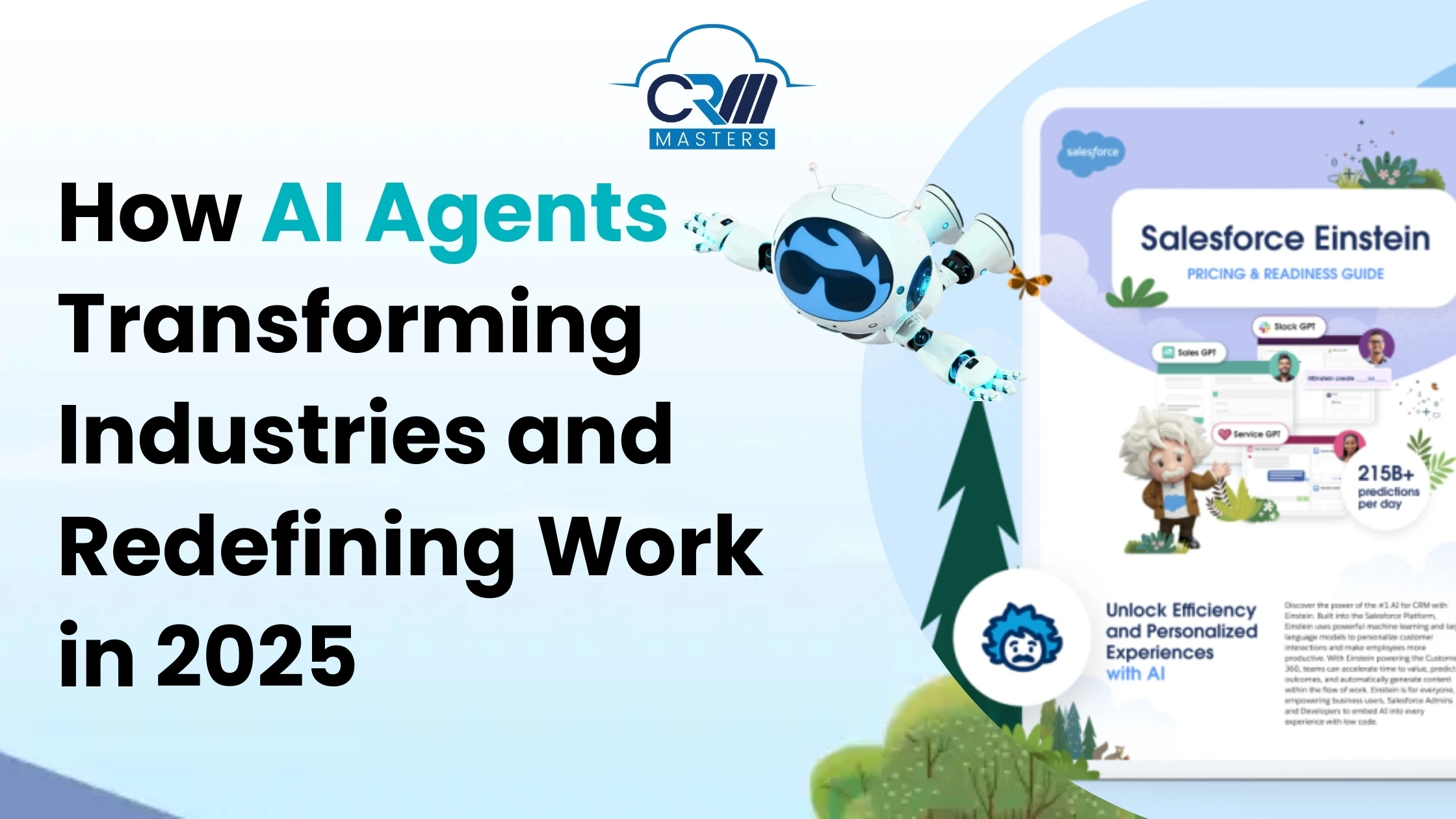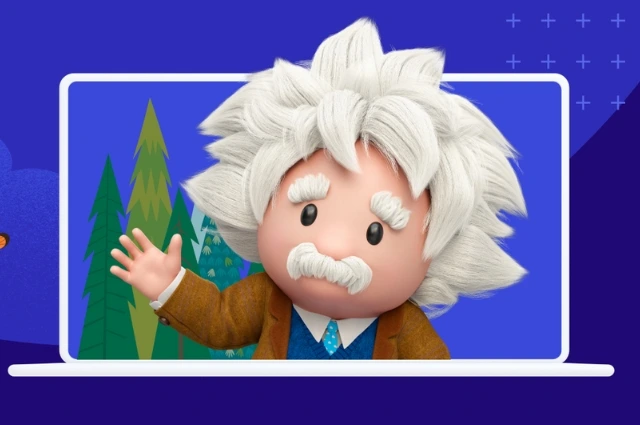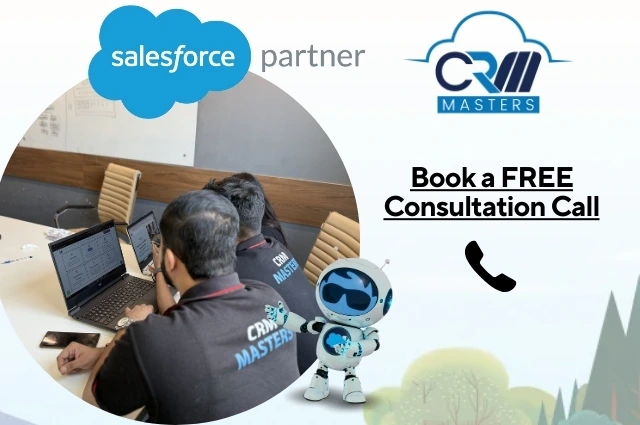
How AI Agents Transforming Industries and Redefining Work in 2025
AI technology has come a long way, evolving from a simple rule-following entity and has evolved into an advanced AI agents — autonomous systems capable of reasoning, learning, and creating.
Now, the next frontier is here: AI agents —autonomous systems designed to take meaningful action and make decisions based on context and goals. By 2025, these AI agents are poised to revolutionize industries, reshape workplaces, and redefine human interactions with technology.
What Are AI Agents?

Unlike traditional AI, which primarily analyzes data or generates outputs based on prompts, AI agents act with autonomy. Powered by large language models (LLMs) and specialized reasoning capabilities, these agents don’t just respond to requests—they execute complex tasks. From scheduling meetings to managing supply chains, AI agents are equipped to think, adapt, and take action dynamically, much like a proactive team member.
Expectations with AI Agents in 2025
Salesforce, a leader in AI-driven CRM solutions, predicts a future where AI agents operate seamlessly with humans, driving efficiency, enhancing customer experiences, and enabling businesses to scale operations intelligently.
Here’s how AI agents are expected to impact various dimensions of our lives and work:
-
AI Agents as Business Copilots
By 2025, AI assistants will be everywhere. Tasks like drafting emails, planning itineraries, and summarizing documents will become baseline functionalities integrated into devices and software. However, the true potential lies in business-aware intelligence—agents that understand industry-specific contexts and execute strategic tasks autonomously.
For example, in marketing, AI agents will not just suggest campaign strategies but also launch them, analyze performance, and recommend adjustments in real-time. This leap will make AI agents necessary partners in business decision-making.
-
Collaboration Through Multi-Agent Systems
Complex challenges require more than one agent. Salesforce predicts the rise of multi-agent orchestration, where AI agents with specialized skills work together to solve enterprise-level problems. Imagine a team of agents simulating a product launch—one analyzes market data, another crafts messaging, and a third monitors customer feedback.
Such collaborations will elevate problem-solving to unprecedented levels, with AI agents complementing human ingenuity at every step.
-
AI and Human Confidence: Breaking Barriers
Despite rapid advancements, many workers remain hesitant to rely on AI. However as agents demonstrate their ability to handle routine tasks like onboarding, content generation, and IT incident management, trust in AI will grow.
By 2025, employees will work alongside AI agents daily, building confidence through practical use. Businesses that invest in educating their workforce about AI’s capabilities and limitations will unlock higher adoption rates and improved ROI.
-
Transforming Customer Engagement
AI agents are set to become a preferred channel for customer interactions. These agents will deliver personalized, dynamic experiences, such as tailored recommendations and real-time support.
Salesforce emphasizes the need for cross-functional teams, or “Agent Experience” units, to optimize these interactions. By connecting sales, marketing, service, and commerce functions, companies can ensure seamless customer journeys that build loyalty and trust.
-
Bring Your Own AI (BYOAI)
The future of AI is personal. Consumers will bring their own AI agents—customized to their preferences—into workplaces, creating a trend similar to the Bring Your Own Device (BYOD) movement.
Organizations must adapt quickly, integrating personal AI agents into their ecosystems. Successful companies will provide hyper-personalized services, fostering stronger connections with their customers and employees.
-
Enhancing Analytics with AI Agents
AI agents will revolutionize business intelligence by functioning as real-time inspectors. They’ll monitor data streams for anomalies, trigger actions, and provide insights faster than human analysts.
For example, an agent integrated with Salesforce Tableau might detect a dip in sales pipeline activity and instantly suggest corrective actions. These capabilities will free up human analysts to focus on higher-order strategic decisions.
-
Seamless Collaboration Among AI Agents
Collaboration isn’t limited to humans. By 2025, AI agents will work together like a well-coordinated team, much like ants building a colony. They’ll share data, make collective decisions, and execute tasks to achieve shared objectives.
This evolution will redefine productivity, with agents acting as extensions of human teams, seamlessly bridging gaps across departments and functions.
-
Redefining the Customer Journey
Fragmented customer experiences will become a thing of the past. AI agents will track every interaction, ensuring seamless handoffs between teams and channels. From the initial marketing pitch to post-sales support, agents will maintain a unified conversation context, delivering highly personalized experiences at every touchpoint.
-
AI Agents in Education and Support
Learners, especially those accustomed to digital-first experiences, will turn to AI agents for guidance. These agents will provide round-the-clock support, answering questions and offering resources tailored to individual needs.
However, as AI becomes ubiquitous, institutions must balance automation with opportunities for learners to develop interpersonal skills.
Also Read: What is Salesforce Einstein and Why Should Businesses Use It?
Is Your Business Ready For This Trend?
To bridge the gap, businesses must prioritize a few things which include transparency, knowledge, adaptability, strategy, etc.
Here are the few points you need to consider for your business to get ready for this:
1. Building Trust in Autonomous AI
The success of AI agents hinges on trust. Salesforce research highlights that while 54% of global workers trust AI-human collaboration, fewer trust AI to work autonomously.
- Users need to understand how and why AI agents make decisions.
- Continuous learning loops will help refine agent outputs.
- Organizations must prioritize fairness and accountability in AI design.
2. Upskill Your Team
After investing in AI, it is necessary to upskill your workforce with the latest trends and tools. You can get help from a Salesforce Certified Partner for this.
3. Choose the Right Partner
Partner with the right Salesforce Implementation Partner for the smooth and correct AI implementation to upgrade your current system with AI solutions.
4. Make data-driven decisions
Your decision-making process should be driven by data. When you have the right data on hand, you should be able to view your business process completely.
Get Help with Certified Salesforce Consulting Partner

Agentic AI represents the next major evolution in technology, promising to transform industries, empower employees, and redefine customer engagement. Those businesses that invest in trust, integration, and human-AI collaboration will grow immensely in the future with the help of a Certified Salesforce Consulting Partner.
With AI agents at their side, companies can unlock new possibilities, driving innovation and success at every level.
Contact us now and book your FREE consultation call.












